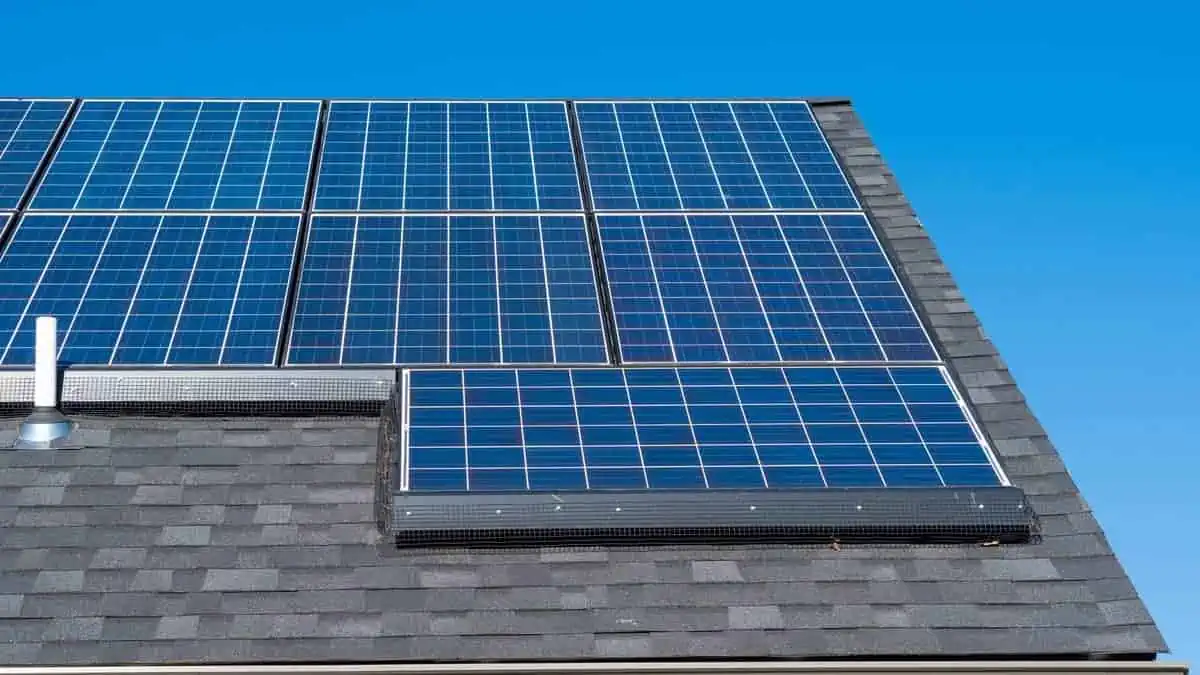Solar panels and battery energy storage system (BESS) adoption can reportedly aid Australian homeowners to save up to $2000 annually on electricity bills, The Age reports, citing the Department of Climate Change, Energy, Environment and Water’s analysis.
Data highlights
According to the analysis, home integration of rooftop solar panels would offer a 39% reduction to $687 savings from the average default electricity bill of $1756 in the state of Victoria this financial year. The savings will further increase by 75% to $1322 with an 8.5 kWh battery pack.
7 News further reported that New South Whales’ average default electricity bill of $2106 will fall by 48% or a $1015 discount. Likewise, energy savings will increase to $2123 (or 101%) with an 8.5 kWh battery pack.
As for South East Queensland, the default bill without solar of $1968 will drop to $1102 with solar panels for an $866 total electricity savings.
“Renewable energy is the cheapest form of energy and this new data highlights the real difference rooftop solar and batteries are having on household power bills.”
Climate Change and Energy Minister Chris Bowen
Refer to the data below:
VIC | NSW | SE QLD | |
| Financial year | 2023-24 | 2023-24 | 2023-24 |
| Default bill without solar | $1756 | $2106 | $1968 |
| Total bill with solar | $1069 | $1091 | $1102 |
| Total saving with solar | $687 | $1015 | $866 |
| Percentage saving with solar | 39% | 48% | 44% |
Source: Department of Climate Change Energy Environment and Water
Government targets
According to the report, the Australian Government has set a target of having renewable energy account for 82% of the electricity grid’s energy mix by 2030.
As of now, coal energy dominates with a 63% share. Wind energy is currently the second largest energy generator, with a 15% share. Hydro accounts for 9%, while gas contributes 5%.
To meet the 2030 target, the country must connect new wind and solar farms with population centers. It would require the urgent deployment of thousands of kilometers of new transmission lines.
Challenges
Opposition Leader Peter Dutton and Nationals leader David Littleproud reportedly contradict the proposal to install new transmission lines, which impedes the government from taking immediate actions.
The two officials call for the government to cancel the two-decade nuclear energy ban. Moreover, they propose exploring small modular reactor applications that are yet to be commercially available.
In contrast, Climate Change and Energy Minister Chris Bowen argued that upgrading the aging electrical grid is important to strengthen the energy supply with the aid of household rooftop solar panels.
“They [the Coalition] are trying to stop Australians from accessing cleaner, cheaper energy in their homes by stopping the critical grid infrastructure needed to support households and businesses’ solar uptake.”
Climate Change and Energy Minister Chris Bowen
All that said, adopting clean and sustainable energy is crucial for people to save money from increasing electricity prices. Having rooftop solar panels and batteries will enable citizens to access more affordable energy alternatives. Moreover, it can also aid the electrical grid in supporting the growing number of electric vehicles.






